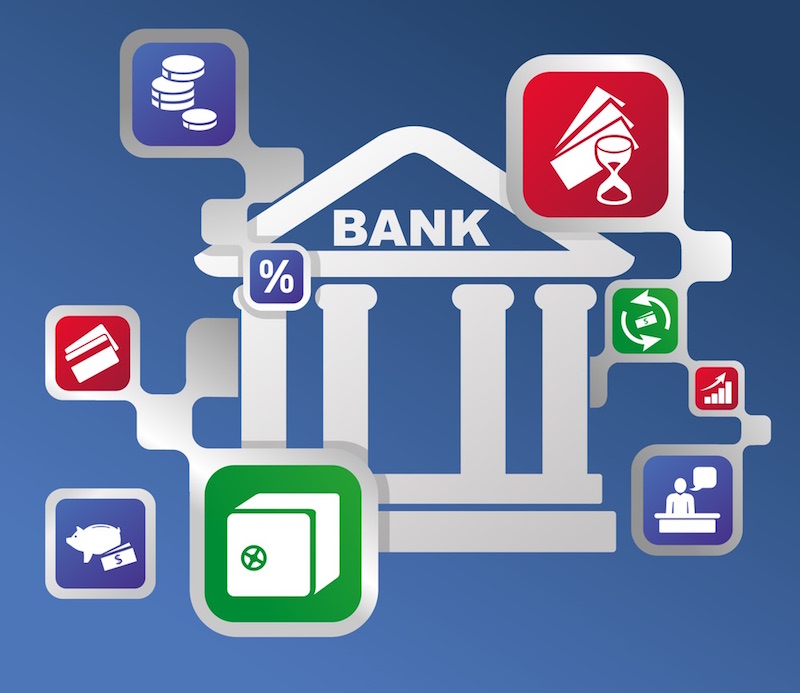Banking is an integral part of the modern economy. But the nature and functions of modern banks have evolved over a long period of time. The idea of banking evolved with the idea of money. The banking business is mainly linked to lending. Moneylender is to be found in every society-ancient or modern; advanced or backward. The ten commandments of Moses, Quoran, Manusmrity, Kautilya’s Arthashastra all have references to moneylenders and rate of interest. Modern banks also undertake foreign exchange transactions.
The priests in temples took advantage of the sanctity of the temples, collected people’s savings, and did lending business. In the middle ages, banking business was carried by the individuals. Then came partnership and today in all countries banking is carried out by joint stock companies and is regulated by the Government.
Quick Links
Origin of Banking :
It is seen that banking transactions have been taking place for last number of years. Even it is evidenced that the banking system was prevailing at the time of the Babylonian culture. The banks were in existence in Rome also. It was said that in the year 1171, the authorities of Venice had taken loan from the people to meet the expenses of war and the repayment arrangements were also made by them. Such loan was called as ‘Mot’ in Italian language. The meaning of mot in German language is ‘bank’. In those days, there was German rule in many parts of Italy.
Afterward, in Italian language it was called as banco. The German word bank means a joint stock fund. This word bank was Italianised into banco when the Germans were masters of a great part of Italy. Afterwards in France and England this word was used. It is seen that since 1646, the word ‘bank’ has been used in the articles.
Later on there were many banks who started using the word bank in their names. e.g. Bank of Milan. However, there are some philosophers according to whom the Italian word ‘banco’ means table. In the old days, the money lenders used to do banking transactions by keeping tables in the market and so the word ‘bank’ has been evolved.
Meaning of Banking
The word ‘Bank’ has been derived from the Latin word ‘bancus’ or ‘banque’. The meaning of it in English is a bench. The early bankers transacted their business at benches in a marketplace. According to some authorities, the word bank was originally derived from German word bank. It means a joint stock fund. This word later on was called as ‘banco’ in Italy when a great part of Italy was ruled by the Germans.
A bank is a financial institution that deals with deposits and advances and other related services. It receives money from those who want to save in the form of deposits and it lends money to those who need it. A bank is a financial institution and a financial intermediary that accepts deposits and channels those deposits into lending activities, either directly by loaning or indirectly through capital markets. A bank is the connection between customers who have capital deficits and customers with capital surpluses.
Due to their influence within a financial system and an economy, banks are generally highly regulated in most countries. Most banks operate under a system known as fractional reserve banking where they hold only a small reserve of the funds deposited and lend out the rest for profit. They are generally subject to minimum capital requirements which are based on an international set of capital standards, known as the Basel Accords.
Definitions :
1) F.E. Perry :
“The bank is an establishment which deals in money, receiving it on deposit from customers, hounouring customer’s drawings against such deposits on demand, collecting cheques for customes and lending or investing surplus deposits until they are required for repayment.”
2) Walter Leaf :
“A banker is an institution or individual who is always ready to receive money on deposits to be returned against the cheques of their depositors.”
3) Dr. Herbert L. Hart :
“A banker is one who in the ordinary course of his business, honours cheques drawn upon him by persons from and for whom he receives money on current accounts.”







